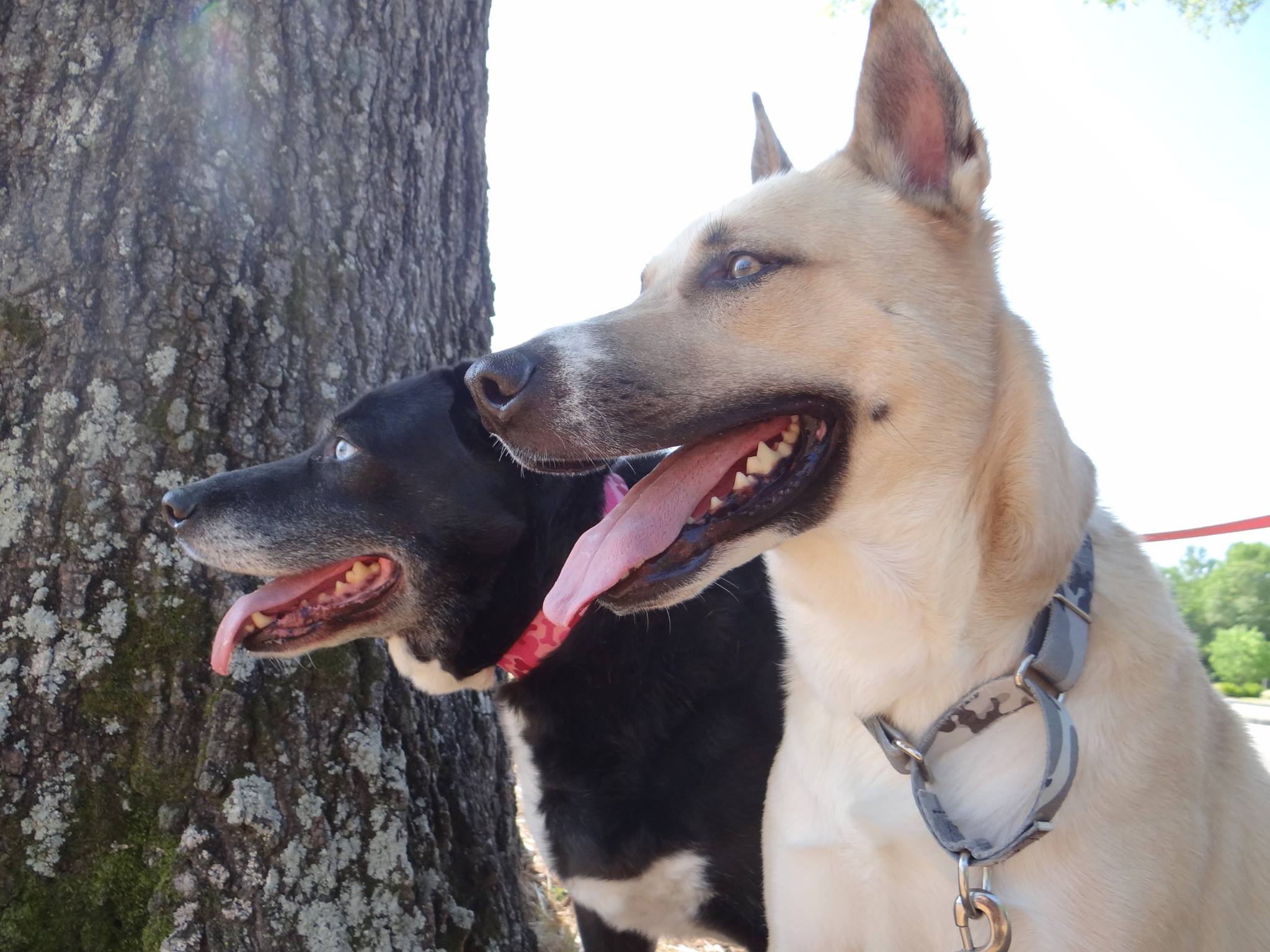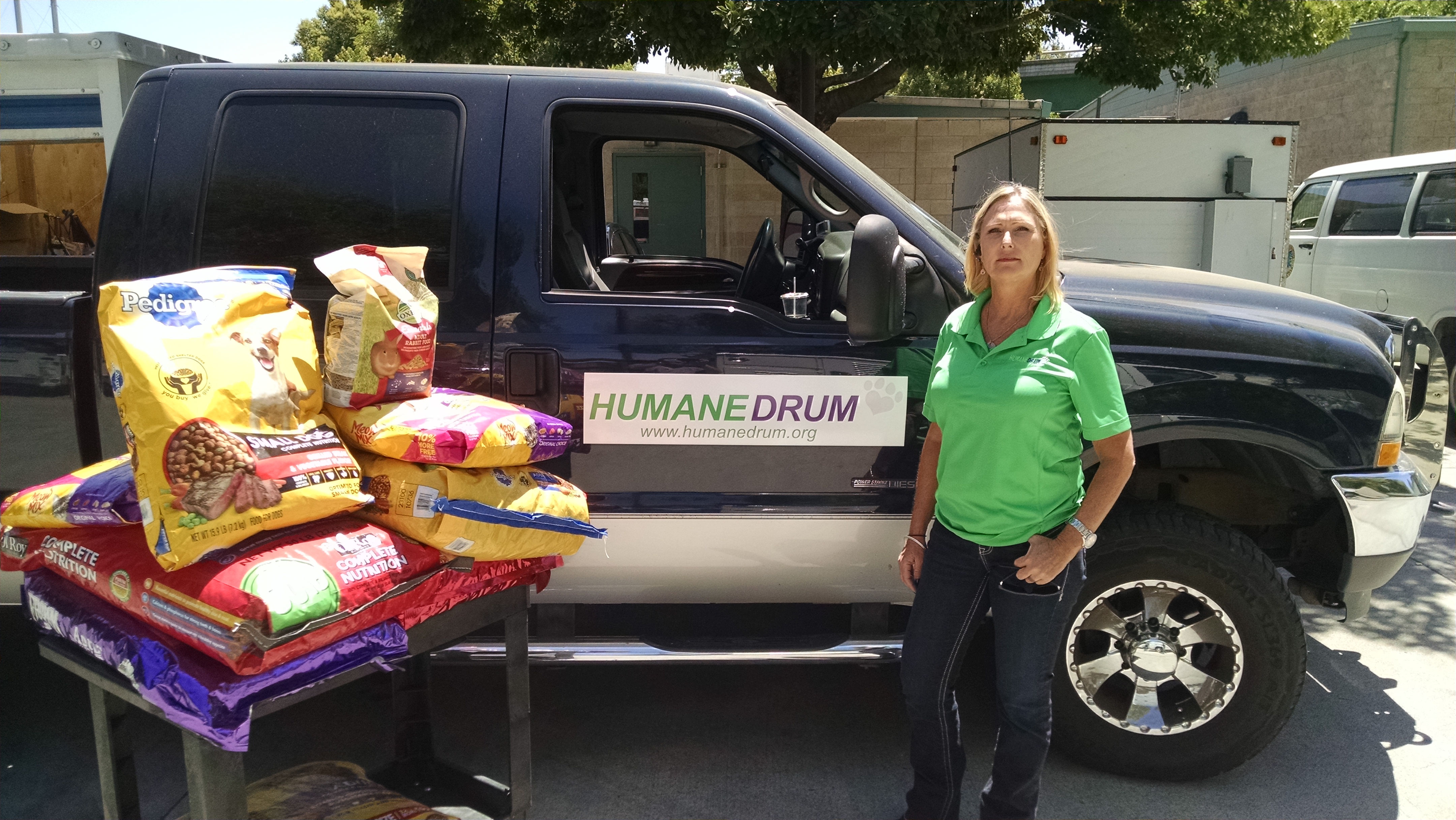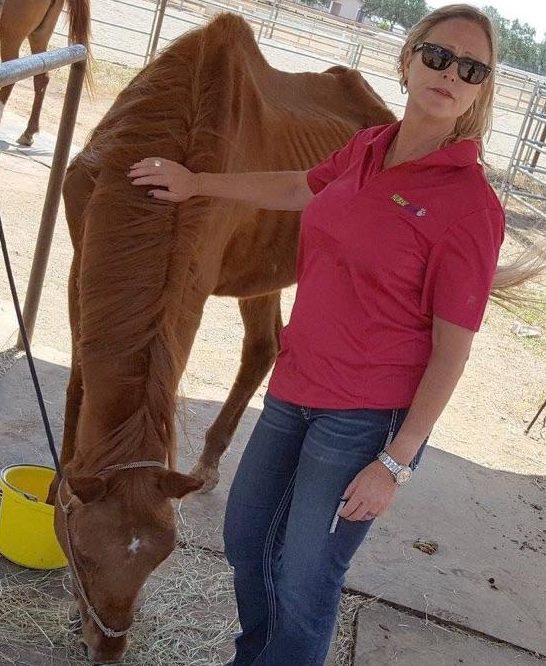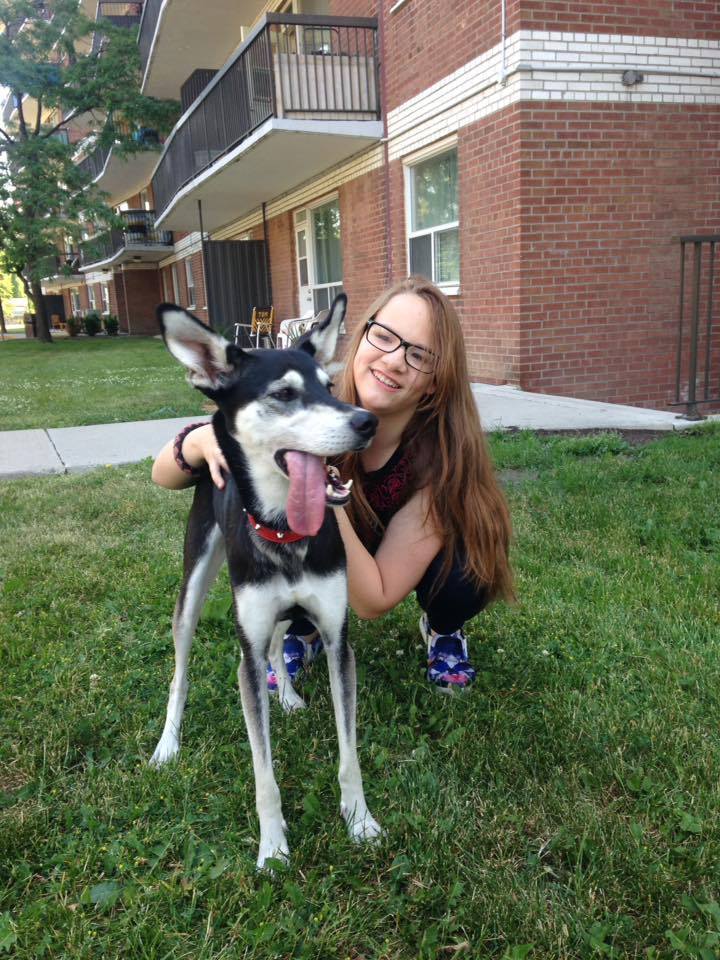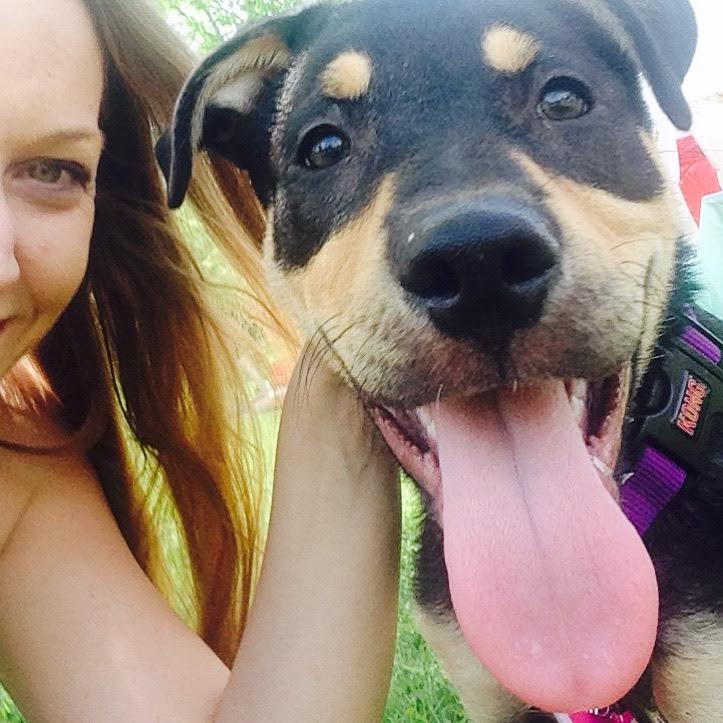Help Shelters

Vaccination Challenge
Providing vaccinations for the animals in their care is a big expense for animal shelters, and Humane Drum believes that helping them to cover some of this cost is a major priority! Will you join us in this challenge?
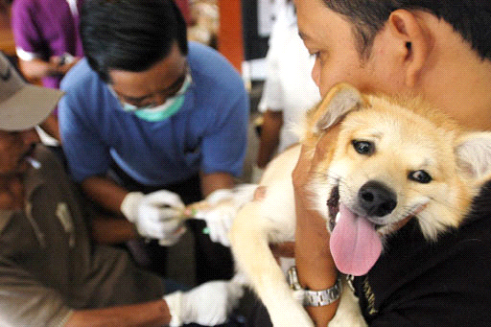
Vaccinations have always been a highly debated topic and more recently due to the current measles outbreak. However, this hot topic does not stop at the human species. Should you vaccinate your pets? What are the risks of vaccinations? The anti-vaccination movement has affected pet owners across the country. One must ask themselves what is the risks by not vaccinating your animal to fatal diseases? Vaccinating your pets not only maintains their health it also prevents them from contracting an infectious disease from other animals. Additionally, vaccinating your pets protects you and your family members from being exposed to infectious diseases. According to the American Veterinary Medical Association (AVMA) 36 percent of cat owners do not visit a veterinarian and more than double that percentage of dog owners do not take their dogs to visit a veterinarian.
Some argue that keeping their pets indoors will prevent them from ever being exposed from harmful diseases. While keeping your pets indoors does help prevent them from being exposed to infected animals. It is very unrealistic to think that your animal will never escape out of the house. It only takes one time for an animal to sneak out of their indoor environment to be exposed to deadly disease such as rabies. The majority of rabid animals do occur from wildlife animals such as raccoons, skunks, foxes and bats. The CDC estimates that 15 million people around the world are treated with post-exposure prophylaxis (PEP) due to a potential exposure to rabies yearly. Of that total, 30-60 thousand people are from the United States. Most of those people reported exposure were from close contact of a household animal. There is no known cure for rabies. Once a person shows signs and symptoms of rabies, the disease is almost always fatal. It is estimated that 59,000 people worldwide die from rabies, most commonly contracted from a domestic animal. Thankfully in the Unites States canine rabies has been almost non-existent due to vaccinations. In order to keep that statistic from changing it is important that we continue the effort in educating pet owners the importance of vaccinating their animals.
Rabies vaccinations are not the only vaccinations that are important for your animals. The AVMA recommends owners should at least get the 4 core vaccines for all dogs and cats. For dogs: parvovirus, distemper, canine hepatitis and rabies. For cats: panleukopenia (feline distemper), feline calicivirus, feline herpesvirus type I (rhinotracheitis) and rabies. These core vaccines are vital to your pet’s health. Just like rabies, these diseases have fatal outcomes and could affect your health and environment as well. There are several other non-core vaccines available for both dogs and cats that are available to pets which may be needed depending on your pet’s environment and lifestyle. Your veterinarian will determine which vaccines are necessary for your pet’s medical needs.
AVMA Vaccination Recommendations for Dogs
| Component | Class | Efficacy | Length of Immunity | Risk/Severity of Adverse Effects | Comments |
| Canine Distemper | Core | High | > 1 year formodified live virus (MLV) vaccines | Low | |
| Measles | Noncore | High in preventing disease, but not in preventing infection | Long | Infrequent | Use in high risk environments for canine distemper in puppies 4-10 weeks of age |
| Parvovirus | Core | High | > 1 year | Low | |
| Hepatitis | Core | High | > 1 year | Low | Only use canine adenovirus-2 (CAV-2) vaccines |
| Rabies | Core | High | Dependent upon type of vaccine | Low to moderate | |
| Respiratory disease from canine adenovirus-2 (CAV-2) | Noncore | Not adequately studied | Short | Minimal | If vaccination warranted, boost annually or more frequently |
| Parainfluenza | Noncore | Intranasal MLV – Moderate Injectable MLV – Low | Moderate | Low | Only recommended for dogs in kennels, shelters, shows, or large colonies; If vaccination warranted, boost annually or more frequently |
| Bordetella | Noncore | Intranasal MLV – Moderate Injectable MLV – Low | Short | Low | For the most benefit, use intranasal vaccine 2 weeks prior to exposure |
| Leptospirosis | Noncore | Variable | Short | High | Up to 30% of dogs may not respond to vaccine |
| Coronavirus | Noncore | Low | Short | Low | Risk of exposure high in kennels, shelters, shows, breeding facilities |
| Lyme | Noncore | Appears to be limited to previously unexposed dogs; variable | Revaccinate annually | Moderate |
|
Vaccination Recommendations for Cats
| Component | Class | Efficacy | Length of Immunity | Risk/Severity of Adverse Effects | Comments |
| Panleukopenia | Core | High | > 1 year | Low to Moderate | |
| Rhinotracheitis | Core | High; reduces severity and duration of disease, but does not prevent disease or thecarrier state | > 1 year | Low: may see sneezing in cats given modified live vaccine | Use intranasal vaccine for faster protection |
| Calicivirus | Core | Variable; reduces severity and duration of disease, but does not prevent disease or thecarrier state | > 1 year | Low: may see sneezing in cats given modified live vaccine | |
| Rabies | Core | High | Dependent upon type of vaccine | Low to moderate; Lower for recombinant vaccines | |
| Feline Leukemia | Recommended for all cats that live outside full or part time, or those living full time inside but with exposure to outside cats. Also suggested for all kittens. | Variable | Revaccinate annually for cats at risk | Vaccine-related sarcomas can develop with killed (adjuvanted) vaccines | Vaccination not recommended for cats with minimal or no risk, especially after 4 months of age; blood test prior to vaccination |
| Chlamydophila | Noncore | Low; reduces severity and duration of disease, but does not prevent disease or thecarrier state | < 1 year | High | Not recommended for cats at minimal or no risk |
| Feline Infectious Peritonitis | Noncore | Low | Not recommended | ||
| Bordetella | Noncore | Low | Short | May be more severe in kittens | |
| Giardia | Insufficient data to comment – not recommended | ||||
| Feline Immunodeficiency Virus | Insufficient data to comment – vaccinated cats should be permanently identified since they will likely have positive results if tested for FIV | ||||
Should you have concerns regarding your pets health and the safety of vaccinations contact your veterinarian.
Recommended Shot Schedule
Each animal will have their own recommended shot schedule depending on your regional location and the health of your pet. As stated above most veterinarians recommend the 4 core vaccines and the rabies vaccination is mandatory in all states, however each states varies on the how frequent they need to be updated.
Canine
| Puppy’s Age | Recommended Vaccinations | Optional Vaccinations |
| 6-8 weeks | Distemper, measles, parainfluenza | Bordetella |
| 10-12 weeks | DHPP (vaccines for distemper, adenovirus, parainfluenza, and parvovirus) | Coronavirus, Leptospirosis, Bordetella, Lyme disease |
| 12-24 weeks | Rabies | none |
| 14-16 weeks | DHPP | Coronavirus, Lyme disease, Leptospirosis |
| 12-16 months | Rabies, DHPP | Coronavirus, Leptospirosis, Bordetella, Lyme disease |
| Every 1-2 years | DHPP | Coronavirus, Leptospirosis, Bordetella, Lyme disease |
| Every 1-3 years | Rabies (as required by law) | none |
Feline
| Kitten’s age | Recommended Vaccinations | Optional Vaccinations |
| 6-7 weeks | Panleukopenia (feline distemper), Rhinotracheitis, Calicivrus | Chlamydophila |
| 10 weeks | Feline distemper, Rhinotracheitis, Calicivrus | Chlamydophila |
| 12 weeks or older | Rabies | |
| 13 weeks | Feline distemper, Rhinotracheitis, Calicivrus | Chlamydophila, Feline Leukemia |
| 16 & 19 weeks | Feline distemper, Rhinotracheitis, Calicivrus | Feline Leukemia |
| Adult | Rabies ( as required by law) | Feline Leukemia, Chlamydophila |


